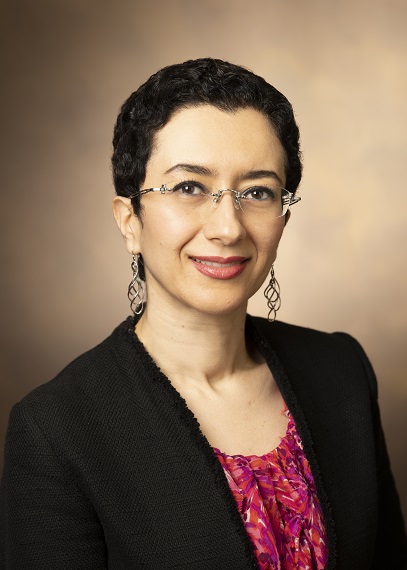
Nicholas Markham, M.D., Ph.D.
- Assistant Professor
Nicholas Markham, M.D., Ph.D.
- Assistant Professor
nick.markham@vumc.org
2213 Garland Ave (Langford)
10415-F MRBIV
Nashville, TN 37332
10415-F MRBIV
Nashville, TN 37332
Research Program
Research Description

Samira Shojaee, M.D., M.P.H.
- Associate Professor of Internal Medicine
Samira Shojaee, M.D., M.P.H.
- Associate Professor of Internal Medicine
samira.shojaee@vumc.org
Research Program
Research Description

Benjamin Brown, M.D., Ph.D.
- Assistant Professor of Pharmacology
Phone
Vanderbilt University
465 21st Ave S
Nashville, TN 37212
465 21st Ave S
Nashville, TN 37212
Benjamin Brown, M.D., Ph.D.
- Assistant Professor of Pharmacology
615-322-2861
benjamin.p.brown@vanderbilt.edu
Vanderbilt University
465 21st Ave S
Nashville, TN 37212
465 21st Ave S
Nashville, TN 37212
Research Program
Rhabdomyosarcoma is a type of cancer that occurs in the soft tissues in the body. This phase III trial aims to maintain excellent outcomes in patients with very low risk rhabdomyosarcoma (VLR-RMS) while decreasing the burden of therapy using treatment with 24 weeks of vincristine and dactinomycin (VA) and examines the use of centralized molecular risk stratification in the treatment of rhabdomyosarcoma. Another aim of the study it to find out how well patients with low risk rhabdomyosarcoma (LR-RMS) respond to standard chemotherapy when patients with VLR-RMS and patients who have rhabdomyosarcoma with DNA mutations get separate treatment. Finally, this study examines the effect of therapy intensification in patients who have RMS cancer with DNA mutations to see if their outcomes can be improved.
This phase II trial studies the effect of lutetium Lu 177 dotatate compared to the usual treatment (everolimus) in treating patients with somatostatin receptor positive bronchial neuroendocrine tumors that have spread to other places in the body (advanced). Radioactive drugs, such as lutetium Lu 177 dotatate, may carry radiation directly to tumor cells and may reduce harm to normal cells. Lutetium Lu 177 dotatate may be more effective than everolimus in shrinking or stabilizing advanced bronchial neuroendocrine tumors.
This phase III trial compares the combination of four drugs (daratumumab-hyaluronidase, bortezomib, lenalidomide and dexamethasone) to the use of a three-drug combination (daratumumab-hyaluronidase, lenalidomide and dexamethasone) in patients with newly diagnosed multiple myeloma. Bortezomib may stop the growth of cancer cells by blocking some of the enzymes needed for cell growth. Chemotherapy drugs, such as lenalidomide, work in different ways to stop the growth of cancer cells, either by killing the cells, by stopping them from dividing, or by stopping them from spreading. Daratumumab-hyaluronidase is a monoclonal antibody that may interfere with the ability of cancer cells to grow and spread. Anti-inflammatory drugs, such as dexamethasone lower the bodys immune response and are used with other drugs in the treatment of some types of cancer. Adding bortezomib to daratumumab-hyaluronidase, lenalidomide, and dexamethasone may be more effective in shrinking the cancer or preventing it from returning, compared to continuing on a combination of daratumumab-hyaluronidase, lenalidomide, and dexamethasone in patients with newly diagnosed multiple myeloma.



